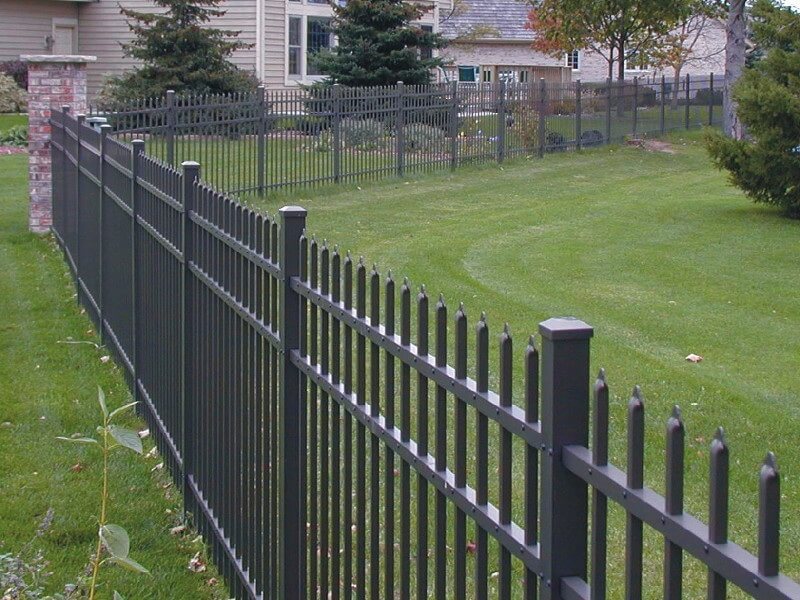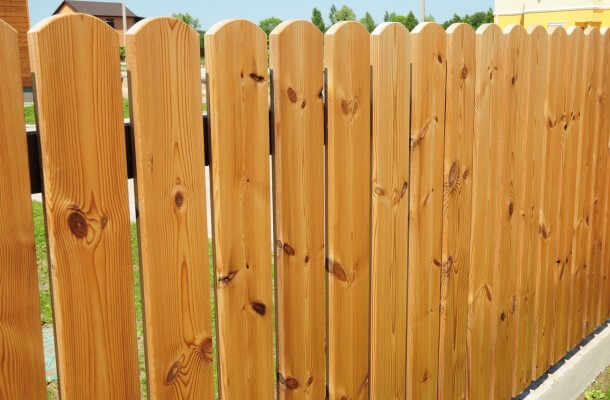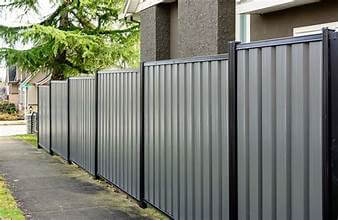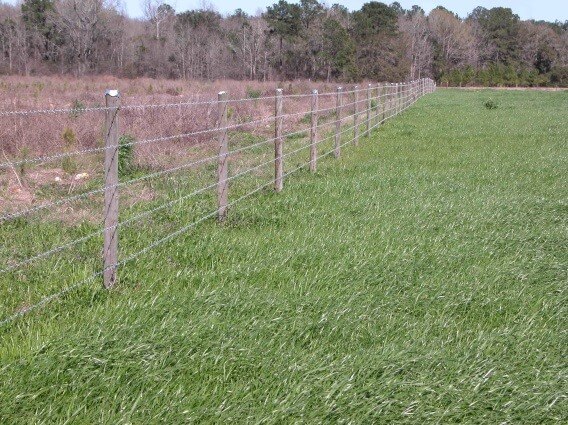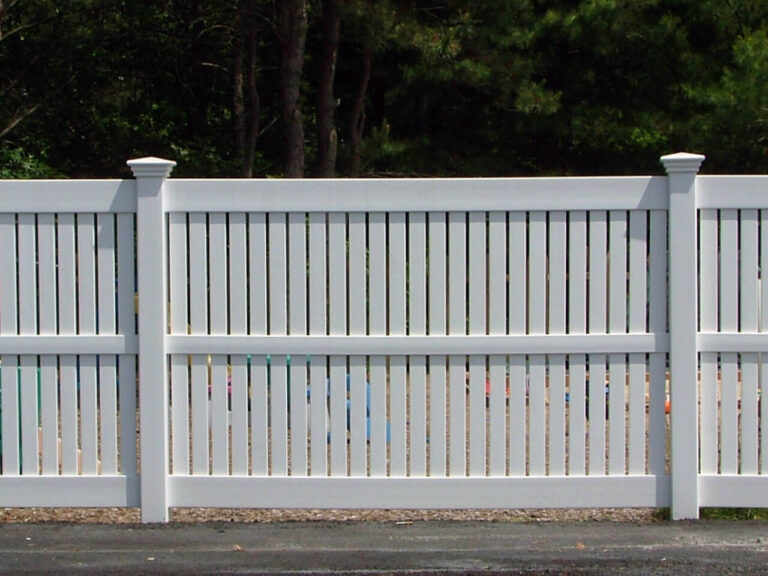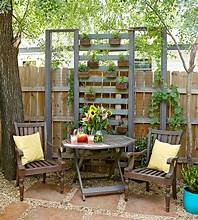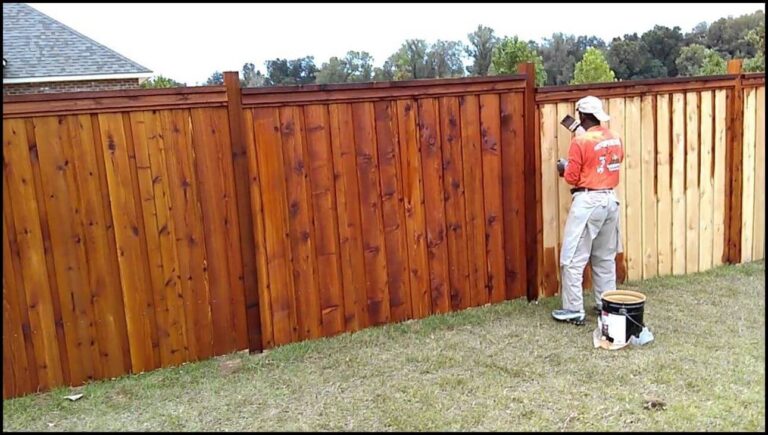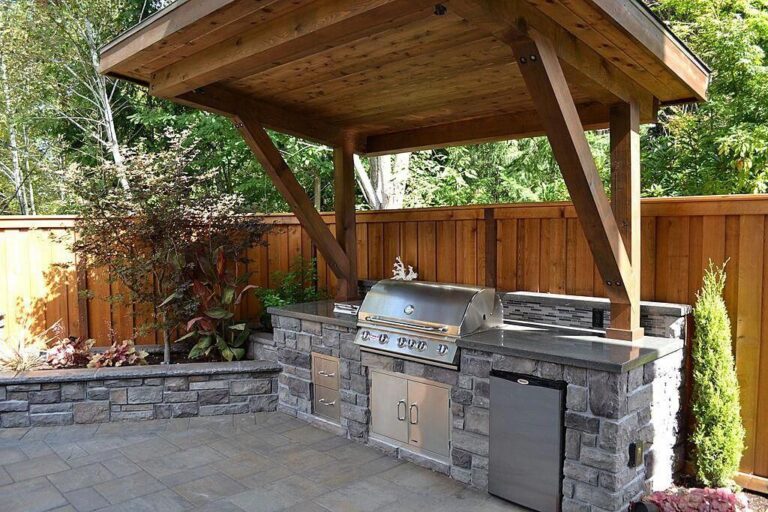Different fence types have varying longevity, with materials like vinyl and aluminum lasting longer than wood or chain-link fences. The longevity of a fence is influenced by factors such as maintenance, environmental conditions, and quality of materials used.
Fences are essential for providing security, privacy, and aesthetic appeal to properties. When selecting a fence type, it is crucial to consider its longevity to ensure long-term durability and cost-effectiveness.
Understanding the lifespan of different fence materials can help property owners make informed decisions and invest in suitable options.
We will explore the longevity of various fence types, discussing the factors that influence their durability and offering insights into making informed choices for fencing needs.
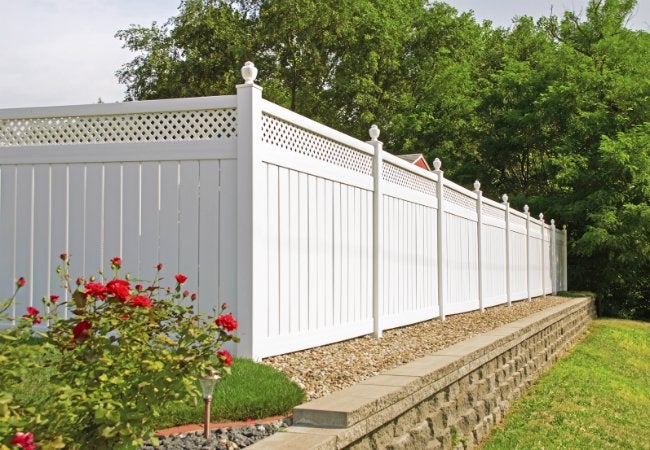
Wood Fences
When it comes to fencing options, wood fences stand out for their timeless charm and natural appeal.
Wood fencing has been a popular choice for homeowners for generations, offering a classic look that adds warmth and character to any property.
Natural Durability And Maintenance
Wood fences are known for their natural durability, with certain types of wood, such as cedar and redwood, offering exceptional resistance to decay and insect infestation.
To ensure their longevity, proper maintenance is crucial. Routine inspections for signs of rot or pest damage and timely repairs are imperative to preserve the integrity of the wood.
Factors Affecting Longevity
The longevity of wood fences can be influenced by various factors, including the type of wood used, the installation quality, and the environmental conditions in which the fence is located.
Proper installation and attention to detail during the construction process can significantly impact the fence’s lifespan.
Weather Conditions
- Exposure to moisture and extreme temperatures can accelerate the deterioration of wood fences, leading to warping, cracking, and decay. Harsh sunlight and heavy rainfall can also take a toll on the wood, necessitating frequent maintenance and protection measures.
Treatment And Sealing
Regular application of protective coatings such as stain or sealant can enhance the wood’s resistance to moisture and UV damage, prolonging the fence’s lifespan.
This preventive measure serves as a barrier against the elements, safeguarding the wood from premature deterioration.
Common Issues And Repair Options
- Common issues that may arise with wood fences include rot, mold, and structural damage. Timely repairs and replacements of deteriorated sections are essential to prevent further deterioration and maintain the fence’s structural integrity.
Vinyl Fences
Vinyl fences are known for their exceptional durability, with the ability to withstand various weather conditions and resist decay.
This makes them a long-lasting option for homeowners, requiring minimal maintenance and providing a cost-effective solution for securing properties.
Longevity And Resistance To Elements
Vinyl fences are known for their exceptional longevity and resistance to various elements. Unlike wood, vinyl does not rot, warp, or succumb to insect damage.
It can withstand harsh weather conditions, such as heavy rain, intense sunlight, or freezing temperatures, without deteriorating.
This longevity makes vinyl fences a durable and reliable choice for property owners.
Environmental Impact
From an environmental perspective, vinyl fences are considered low-impact as they do not require regular maintenance with chemicals or treatments.
Since they do not rot, there’s no need for chemical preservatives, and their long lifespan reduces the frequency of replacements, minimizing the overall environmental footprint.
However, the production of vinyl involves the use of non-renewable resources, which can be a drawback in terms of sustainability.
Disposal And Recyclability
Vinyl fences, while durable, are not as easily recyclable as some other materials. The disposal of vinyl fences at the end of their lifecycle can pose challenges due to the material’s chemical composition.
While efforts are being made to develop recycling programs for vinyl, this aspect remains a consideration for those concerned with the environmental impact of their chosen fencing material.
Comparing Cost And Longevity With Other Materials
In terms of cost and longevity, vinyl fences offer a compelling proposition when compared to other materials.
While the initial investment for vinyl may be higher than some alternatives, its exceptional durability and minimal maintenance requirements often result in long-term cost savings.
When considering the total cost of ownership over the lifespan of the fence, vinyl can offer a competitive value proposition, especially when compared to materials requiring frequent maintenance or replacement.
Metal Fences
Metal fences are a popular choice for homeowners due to their durability and classic aesthetic appeal.
When considering the longevity of different fence types, metal fences stand out for their impressive resilience and low maintenance requirements.
As such, they are a reliable option for securing your property while enhancing its curb appeal.
Corrosion Resistance And Maintenance
Metal fences are known for their exceptional corrosion resistance, which is a key factor in their longevity.
Unlike wood or vinyl, metal fences do not rot, warp, or deteriorate due to weather exposure.
Proper maintenance, such as occasional cleaning and touch-up painting, can further prevent rust and extend the lifespan of the fence.
Varieties Of Metal Fences And Their Longevity
When it comes to metal fences, there are several varieties to consider, each with its unique longevity and maintenance requirements:
Wrought Iron
Wrought iron fences are renowned for their timeless elegance and can last for decades with the proper care.
They are incredibly durable and resistant to harsh weather conditions, making them an excellent long-term investment.
Aluminum
Aluminum fences are lightweight yet sturdy, offering excellent longevity with minimal maintenance.
Their powder-coated finishes provide extra protection against corrosion, ensuring a prolonged lifespan.
Steel
Steel fences are highly durable and can withstand extreme weather conditions. With regular maintenance and protective coatings.
Steel fences can remain structurally sound for many years, making them a reliable choice for long-term security and aesthetics.
Consideration Of Aesthetics And Longevity
When choosing a metal fence for your property, it’s essential to consider both its aesthetic appeal and longevity.
While aesthetics play a significant role in enhancing the overall look of your property, longevity ensures that your investment continues to provide security and visual appeal for years to come.
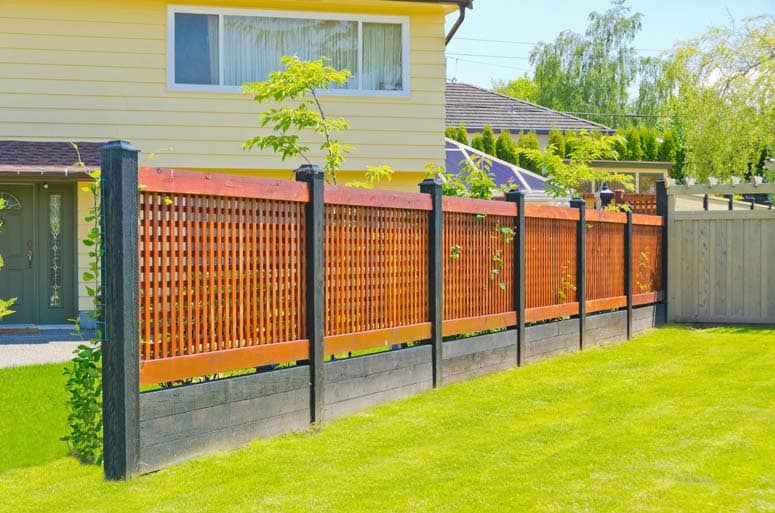
Frequently Asked Questions
How Long Does A Wooden Fence Last?
A well-maintained wooden fence can last 15-20 years, but regular maintenance is essential for longevity.
What Is The Average Lifespan Of A Vinyl Fence?
Vinyl fences can last up to 30 years or more with proper installation and minimal maintenance.
Can A Metal Fence Withstand Harsh Weather?
Yes, metal fences, such as aluminum or wrought iron, are highly durable and can withstand harsh weather conditions effectively.
Conclusion
In choosing a fence for your property, it’s crucial to consider the longevity of various options. Each fence type comes with its own set of pros and cons, and understanding these differences will help you make the best decision.
By weighing factors like material, maintenance, and climate, you can ensure that your fence will stand the test of time and protect your property for years to come.

